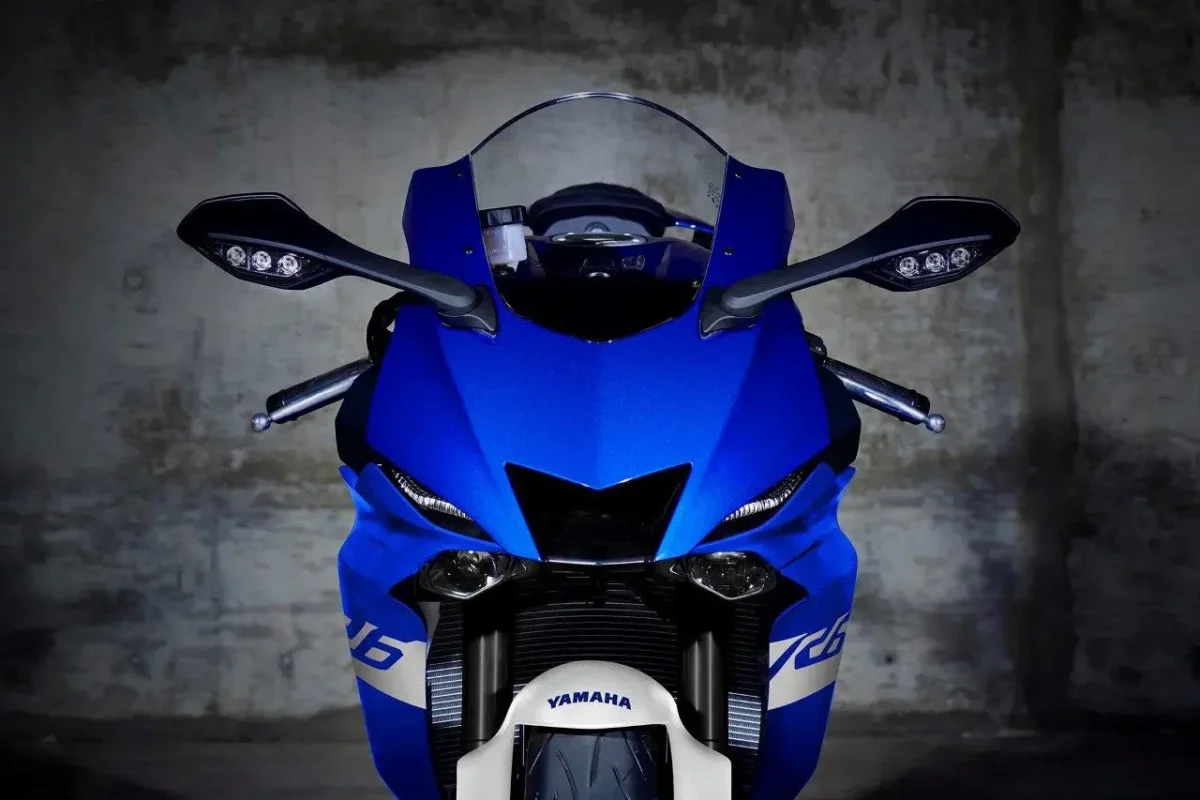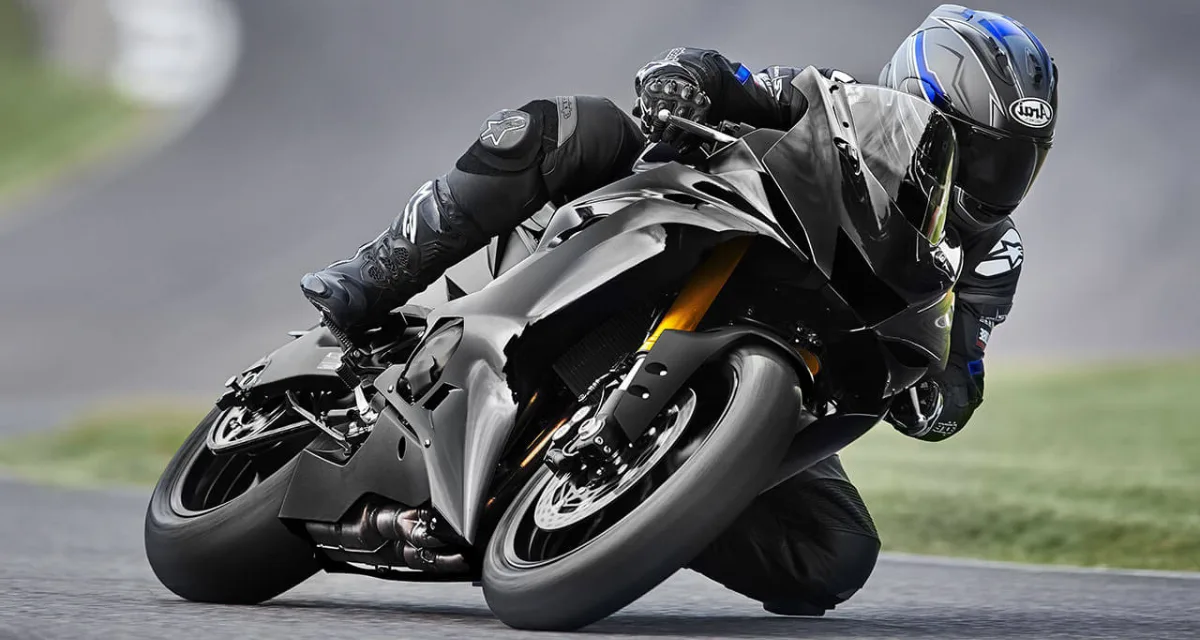I loved my 2020 Yamaha R6. That screaming 599cc inline-four engine, the way it hugged corners like Velcro, the adrenaline rush at 14,500 RPM—it wasn’t just a bike. So, when Yamaha announced the 2025 R6 would be track-only, I felt like I’d lost a limb.
Yamaha didn’t kill the R6 out of spite. They did it because emissions regulations forced their hand. Let’s break down why—and whether the new track-only R6 is worth the tears.
How Euro 5+ Strangled the Street R6

2020 Yamaha YZF-R6
The $2,000 Catalytic Converter That Broke the Camel’s Back
Remember when motorcycles were simple? Yeah, neither does the European Union. The Euro 5+ regulations (effective 2024/2025) didn’t just tighten emissions—they demanded real-world testing over 35,000 kms. For a high-strung supersport like the R6, that meant two things:
- ECU Spyware: Your bike’s brain now monitors the catalytic converter 24/7. If it falters? Limp mode. A $2,000 replacement. Dealership visits.
- Durability Drama: The R6’s inline-four engine, built for redline screams, wasn’t designed to pass 35,000 km of emissions testing without coughing up cash.
Yamaha’s Math: Redesigning the R6 for compliance would’ve added ~€500+ per bike. With slumping supersport sales, they chose the R7’s cheaper parallel-twin instead.
The 2025 R6 Race Base—Same Soul, New Cage

2025 Track model is cheaper than the Previous Street version
Specs: Still a Beast, But Caged
Let’s compare my old 2020 R6 to the 2025 track-only model:
| Feature | 2020 Street R6 | 2025 Race Base |
|---|---|---|
| Engine | 599cc inline-4 | 599cc inline-4 |
| Horsepower | 118.4 hp @ 14,500 RPM | 118.4 PS @ 14,500 RPM |
| Weight | 190 kg (wet) | 190 kg (dry) |
| ABS | Yes | No |
| Key Upgrades | Traction control, D-Mode | Quick shifter, slipper clutch |
| Price | $12,199 (2020) | $9,461.44 (2025) |
The Verdict: Yamaha stripped the mirrors, lights, and ABS, slapped on a quickshifter, and called it a day. The engine? Identical. The price? Cheaper, but you’re paying for a bike that’s illegal on streets.
At 190 kg dry, it’s a featherweight brawler. But for $9K, I’d buy a used R1 and smoke both track AND highway rides.
Riders Are Furious… And Some Are Thrilled
- Street Riders: “Yamaha sold us out!” Reddit threads are flooded with rage. One user wrote: “My 2006 R6 survived 100k miles. This new one’s a garage queen.”
- Track Addicts: “Finally! No compromises!” Fans praise the purity. No ABS? “Who needs brakes when you’ve got skill?”.
- FortNine called the R6’s death “the end of accessible supersports”.
So Who’s Stealing the R6’s Crown?
Aprilia RS 660
While Yamaha fumbled, Aprilia nailed it. The RS 660 packs a twin-cylinder engine, Euro 5 compliance, and tech-like cornering ABS. It’s not as raw as the R6, but it’s street-legal and versatile.
Yamaha R7
Yamaha’s consolation prize? The R7. At $8,999, its parallel-twin engine chugs out torque at lower RPMs, sips fuel (58 MPG), and won’t murder your wrists. But let’s be real: it’s no R6.
Suzuki GSX-8R
Suzuki’s answer? A street-focused middleweight with a 776cc twin. It’s comfy, cheap, and… bland. Think of it as the R6’s sensible cousin who works in accounting.
The Future of Supersports: RIP Inline-4s?
The R6’s demise isn’t unique. Honda’s CBR600RR and Kawasaki’s ZX-6R are on life support. Why? Younger riders want nakeds, ADVs, and EVs.
Yamaha’s R9 Gambit
Rumors swirl about an R9 with an 890cc CP3 engine. It’s Yamaha’s Hail Mary: “Supersport thrills with street manners!” But purists like me? We’ll always crave that inline-four scream.
Conclusion
Here’s the truth: the R6 didn’t die—it evolved. For track junkies, the Race Base is a dream. For the rest of us? It’s a ghost of what once was.
Would I buy the 2025 R6 Race Base? If I had a trailer, a trust fund, and a death wish… maybe. But for now, I’ll stick to my 2020 R6—and pray it outlives Euro 5+.






